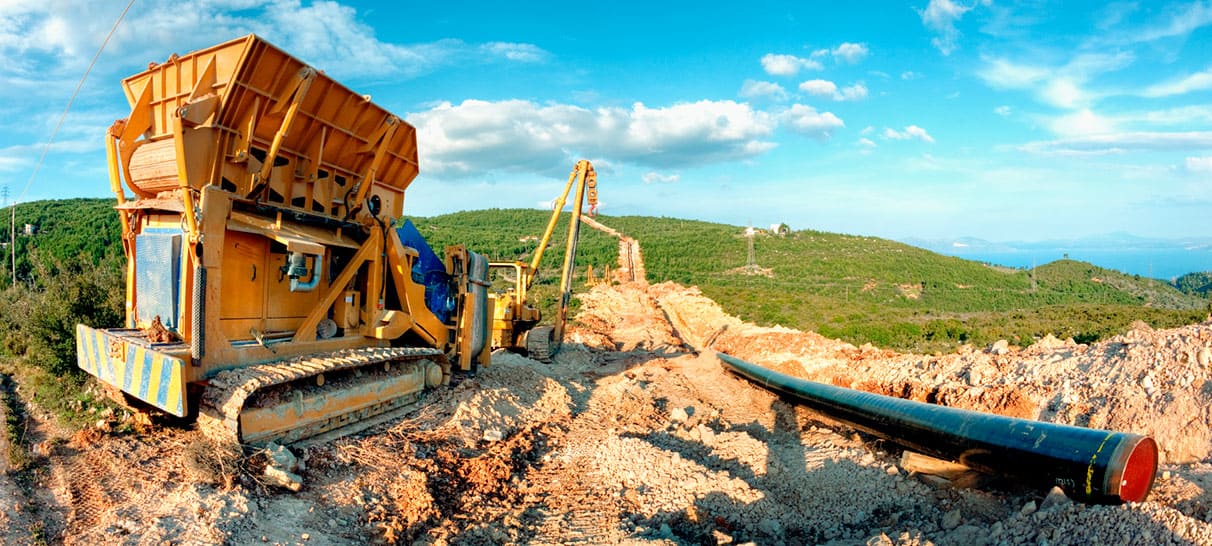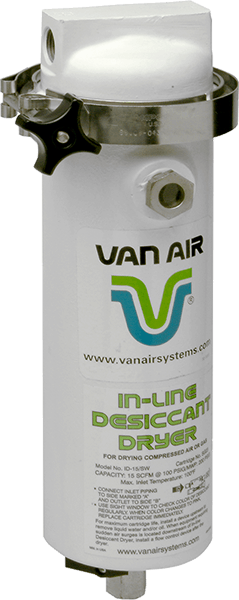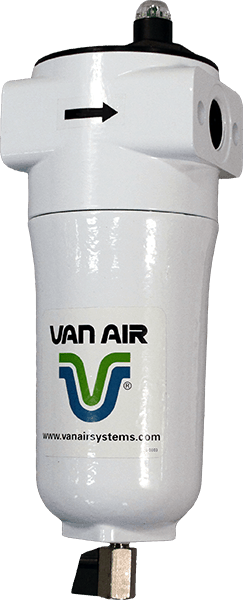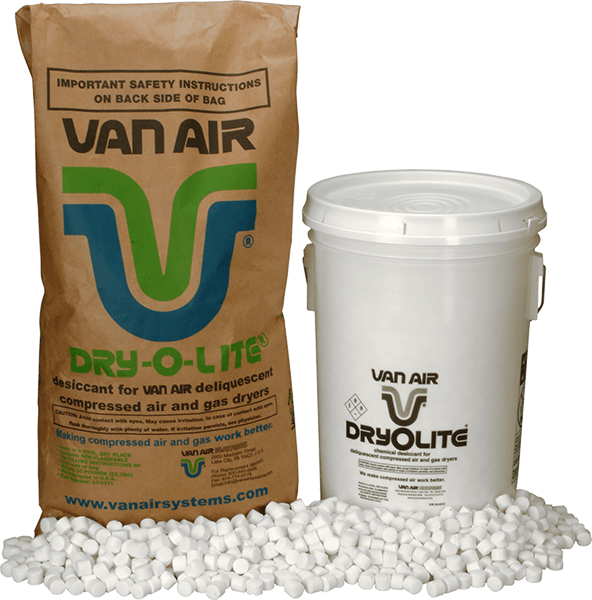Gas Dehydration Dryers & Filters For Oil & Gas Applications

Van Air Systems provides products for dehydration of hydrocarbon fuels. Oil and natural gas are produced deep beneath the surface of the Earth. When hydrocarbons emerge from the wellhead they are not in a refined or usable form. Many contaminants also emerge from the well, including water vapor.
Wet natural gas and wet associated gas, which is co-produced alongside oil, create a variety of challenges for upstream and midstream operators. Whether the gas is needed for onsite power generation, heating, pneumatic control, or sales, excessive water vapor causes problems that include hydrate formation, line and regulator freezing, and poor combustibility.
Van Air Systems offers specialized gas dehydration and filtration solutions for upstream and midstream customers. Our solutions are best applied for fuel gas conditioning, instrument line protection, and modest volume sales gas dehydration.
News on Gas Dehydration Dryers For Oil & Gas Applications
Pipeline Deliquscents & Desiccants for Fuel Gas Conditioning
Oil and natural gas drillers, producers, and processors often rely on raw untreated natural gas to generate heat, steam, and power at remote operating sites. This fuel gas can contain a variety of impurities, including liquid water, water vapor, liquid hydrocarbons, compressor lubricants, glycol, paraffin, solid particulates, and aerosol mists.
Read More
Coalescing & Particulate Filters for Fuel Gas Coalescing
Sometimes a fuel gas combustion device such as a small boiler, catalytic heater, or burner does not require dehydrated gas. Fuel gas free of liquids and mists is good enough. For these small fuel gas applications, Van Air Systems offer F200 series filters for basic fuel gas coalescing.
Read More
In-line Desiccant Dryers for Instrument Gas Drying & Filtration
Oil and gas companies use pressurized natural gas (i.e. instrument gas) to operate pneumatic actuators and controllers. These controllers are essential for managing process flows at wellheads, compressor stations, and processing plants.
Read More
Heatless Regenerative/Pressure Swing Dryers for Hazardous Area Compressed Air Drying
Compressed air is widely used in the oil and natural gas industry to drive pneumatic pumps, operate drill rig controls, and to drive actuators and controllers at production sites. Often operating spaces at these sites have a hazardous area electrical classification, due to the presence of combustible vapor.
Alternative Triethylene Glycol (TEG) Dehydrators For Gas Dehydration
The sale of natural gas between producers, processors, transporters, and utilities is governed by contracts that specify terms of gas quality measured by heating value, temperature, pressure, liquid content, and water vapor content.




